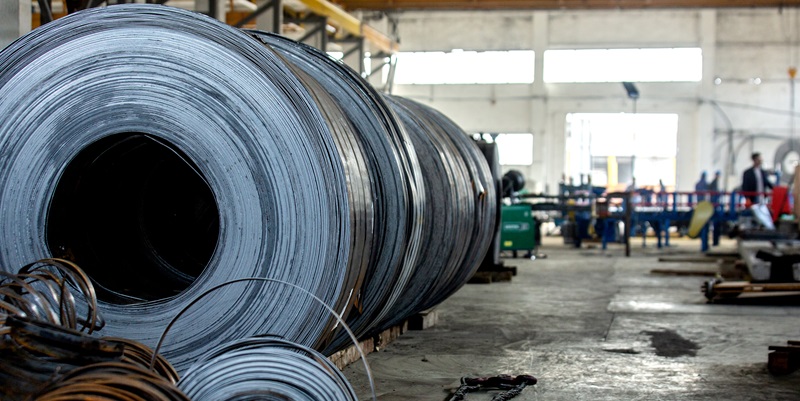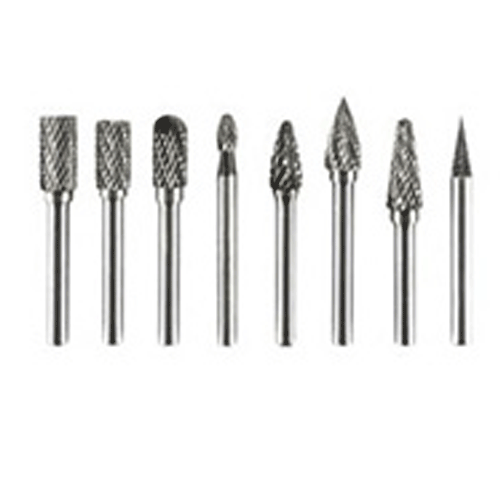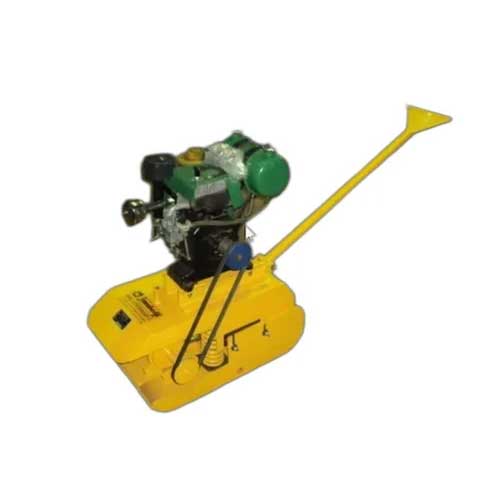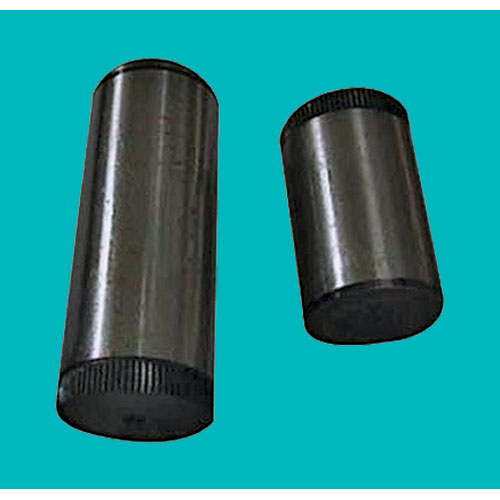Schedule a Call Back
How Covid 19 is impacting key Indian industries
 Industry News
Industry News- Mar 23,20

- Construction & engineering sector: The sector has seen credit pressure this fiscal because of slowdown in public spending and stretched working capital cycles. With state resources focused on fighting Covid-19 and issues of labour availability, order execution and/or receivable collections are likely to be impacted, adding to working capital pressure.
- Steel: Demand slowdown in the construction and automobiles sectors have affected the steel sector significantly this fiscal. Continuing slowdown in these sectors owing to Covid-19 and other factors, besides difficulty in realisations, could add to the credit pressure on steel makers.
- Gems & jewellery: Mired by challenges in fund raising and market dislocation in key consuming countries such as Hong Kong, companies have been in significant credit distress over the past two fiscals. The situation has exacerbated, especially for diamond exporters since January this year because of demand slowdown following Covid-19.
- Textiles: Ready-made garment makers dependent on export markets are facing intense competition, which is impacting their credit profiles. With key export markets such as the US and the EU facing headwinds, there could be significant demand pressure for exporters including cotton yarn exporters. Already, the business performance of cotton yarn exporters has been impacted in the fourth quarter of fiscal 2020 because of disruption in supplies to China, which accounts for a quarter of such business. Further social distancing measures could also weaken demand for domestic apparel retail, which, in turn, would darken the cautious credit outlook.
- Automobiles: Domestic automobile demand is expected to be impacted for an extended period as consumers cut discretionary spending. The sector was already seeing slack demand and higher prices because of compliance with Bharat Stage VI emission norms. However, strong balance sheets of automobile manufacturers will insulate credit profiles to some extent.
- Auto-components: In fiscal 2020, the credit quality of auto component makers was impacted because of slowing demand for automobiles and sluggish exports. Those with limited diversification or recent capacity additions were hit the most. Domestic and export demand are seen subdued next fiscal. Disruptions in supply of critical components from China is expected to be limited to a few players which are not significant in the affected segment. Players with diversified profiles and strong balance sheets would weather near-term challenges better, while the rest will remain vulnerable next fiscal.
- IT: Travel restriction could impact revenues, a significant portion of which is typically from exports. While the credit profiles of large-sized IT firms would be supported by strong balance sheets and sizeable cash surpluses, mid-sized ones could face delays in obtaining new deals and possible liquidity challenges if the pandemic prolongs.
- Petrochemicals: Realisations are expected to be under pressure given demand challenges in key consuming countries like China, and global oversupply. Large players with strong balance sheets and parent support would weather the challenges better, while others would be vulnerable to sharp variations in realisations.
- Renewables: Under-construction projects to be commissioned by July and August of 2020 are at risk of missing their respective scheduled commercial operation dates if trade with China continues to be affected for long. That is because India sources ~80 per cent of its solar modules from China. Business has been impacted due to measures implemented to combat the spread of the virus. Operating projects may be relatively safe as exposure to further trade is limited
- Consumer durables and electronics: India imports 45 per cent of completely built units of consumer durables from China. In addition, India also imports bulk of consumer durable components from there. Besides, 70-80 per cent of mobile phone components/CKD kits are supplied by China. Supply disruptions from China have led to depleted inventories for Indian consumer durable firms in categories like mobile phones, air-conditioners and electronic components, as well as TVs. These segments saw price hikes of 3-7 per cent in March 2020. Most large consumer durables firms have very strong balance sheets and surplus liquidity. While the Covid-19 will impact business levels, strong balance sheets should provide offset and help sustain credit profiles in near term.
- Pharmaceuticals: India is a net importer of pharma bulk drugs from China. The country accounted for 68 per cent of Indian imports by value last fiscal. Domestic drug makers had already sourced their raw material and created sufficient inventory for two-three months because of holidays in China. We are seeing Chinese production facilities coming back on stream as the impact of Covid19 abates and supplies resume. A few players have seen price escalation in some bulk drugs and intermediates due to supply constraints, which could temporarily impact their margins. However, credit quality of pharmaceutical companies is expected to remain by and large stable, especially for large pharma, who benefit from strong balance sheets.
- Power (other than renewables): Given the domestic-focused nature of operations, there is no significant impact envisaged. Existing challenges in terms of fuel supply, weak financial risk profile of state distribution companies and stressed power assets would continue to play a role in the credit quality of these players.
Related Stories

Gautam Solar to invest Rs 40 billion in 5 GW solar cell plant in Madhya Pradesh
The project will cover 54 acres in Gwalior (MP) producing advanced TOPCon solar cells with a total planned capacity of 5 GW.
Read more
Will solar manufacturing glow in India as renewable energy demand surges?
While India has successfully increased domestic solar module production, import of solar cells remains high. As India plans to add 60-65 GW of solar capacity, will it be a sunshine moment for solar ..
Read more
Aluminium sector resilient amid tariff shifts
With nearly half of India's primary aluminium production exported globally, competition may intensify in traditional markets as other exporters divert supplies due to US restrictions.
Read moreRelated Products

Carbide Burrs
SRT Industrial Tools & Equipments offers a wide range of carbide burrs.

Jamshedji Soil Compactor
Jamshedji Constro Equip Pvt Ltd offers a wide range of jamshedji soil compactor.

Ground Pins
Hans Machineries Private Limited offers a wide range of pins, hardened & ground. Read more
















